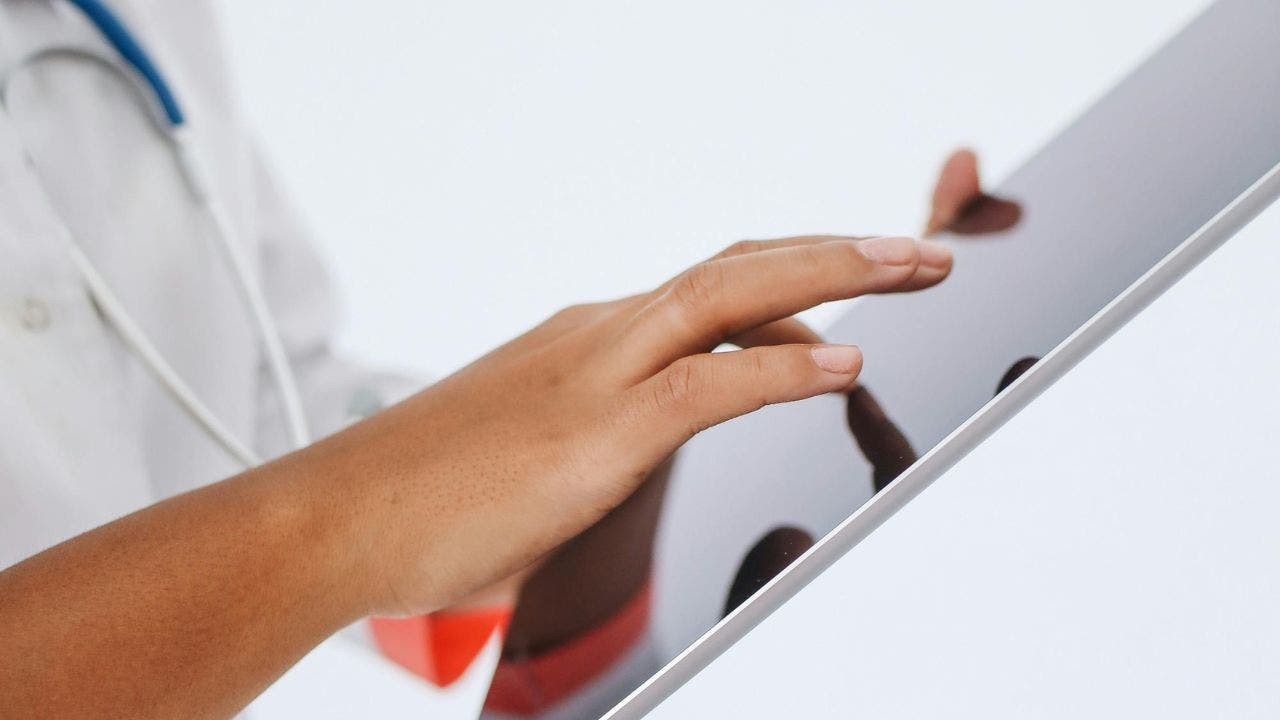Healthcare data breach at Episource exposes 5 million patient records

Over the past decade, software companies have revolutionized nearly every industry, including healthcare. One term that has become increasingly popular is software as a service (SaaS), a subscription-based model for accessing software online rather than installing it on individual machines. In the healthcare sector, SaaS providers have become an integral part of the ecosystem, offering solutions for data analytics, coding services, and more.
However, recent headlines have shed light on the dark side of SaaS providers in healthcare. Several data breaches have been linked to vulnerabilities at these third-party service providers, putting millions of patients’ sensitive information at risk. The most recent incident involves Episource, a prominent healthcare data analytics and coding services firm, which has confirmed a major cybersecurity breach resulting in the theft of health information belonging to over 5 million individuals in the United States.
The breach, which occurred between January 27 and February 6, exposed names, contact details, Social Security numbers, Medicaid IDs, and full medical histories of the affected individuals. While Episource claims that no financial information was compromised, the stolen data is highly valuable to hackers and can lead to various forms of fraud, including identity theft, insurance fraud, and blackmail.
The healthcare industry’s increasing reliance on cloud-based services has made it a prime target for cybercriminals. Healthcare data is considered one of the most valuable types of personal information on the dark web due to its long-term value. As a result, breaches like the one at Episource can have far-reaching consequences for individuals whose information has been exposed.
To protect yourself from healthcare data breaches and similar incidents, consider the following measures:
1. Invest in identity theft protection services to monitor your personal and financial information for signs of misuse.
2. Use personal data removal services to continuously monitor and remove your information from online databases and websites.
3. Install strong antivirus software on all your devices to protect against malware and phishing attacks.
4. Enable two-factor authentication on important accounts to add an extra layer of security.
5. Be cautious of mailbox communications and be wary of potential scams through snail mail.
The Episource breach serves as a reminder of the importance of cybersecurity in the healthcare industry. It raises questions about the responsibility of third-party vendors in safeguarding sensitive patient data and highlights the need for greater transparency and accountability in data handling practices.
As technology continues to evolve, it is crucial for healthcare companies to prioritize cybersecurity infrastructure to protect patient data and maintain trust in the digital healthcare ecosystem. By implementing robust security measures and staying vigilant against cyber threats, healthcare organizations can mitigate the risk of data breaches and safeguard the privacy and security of their patients.




